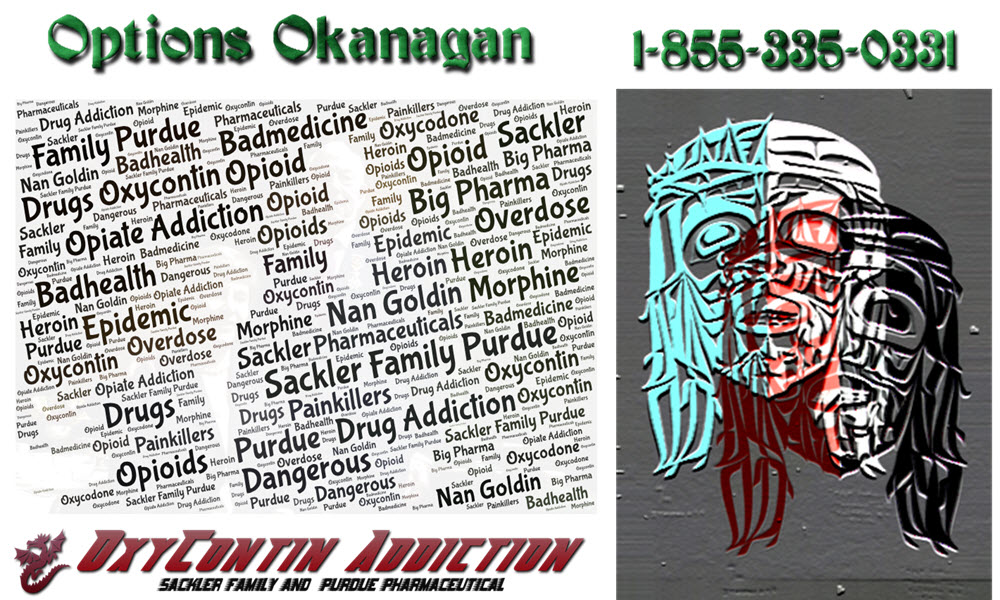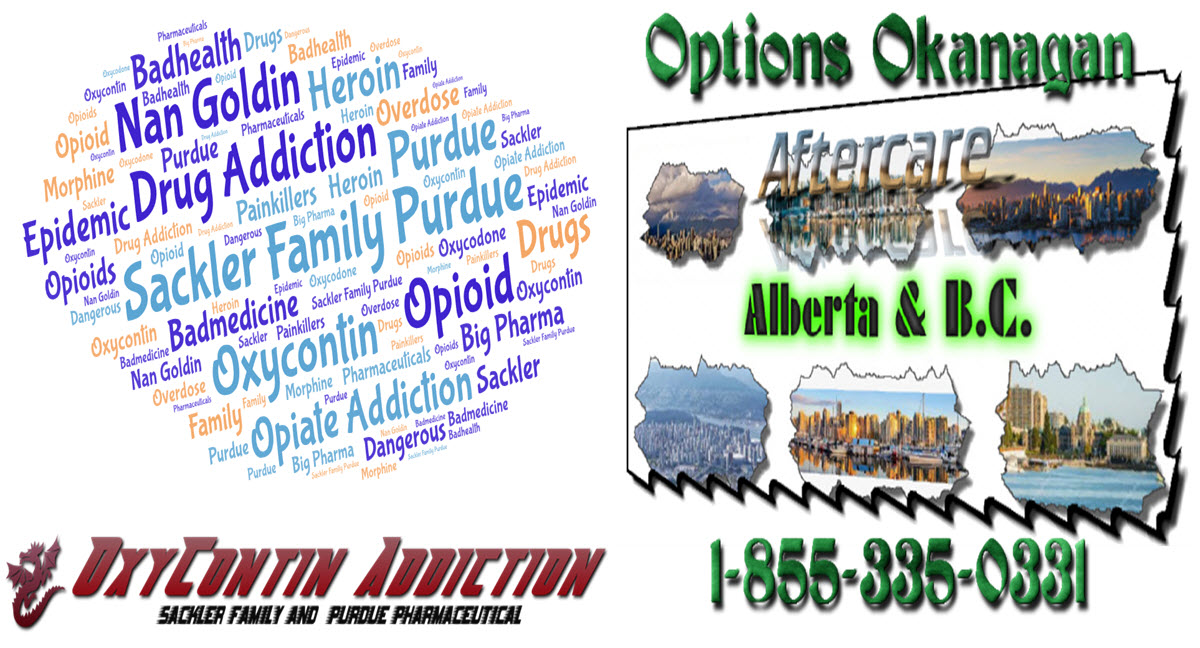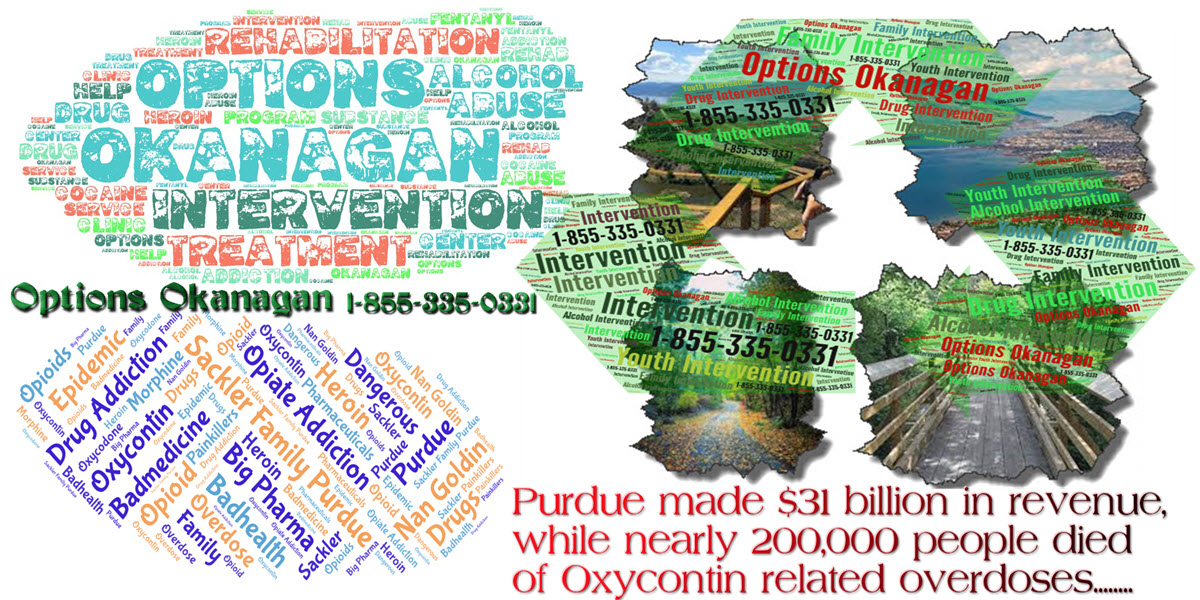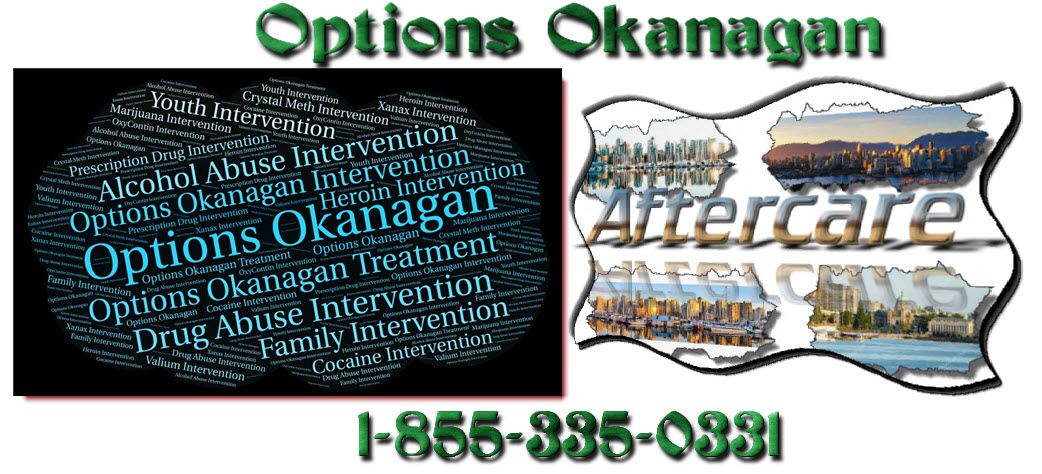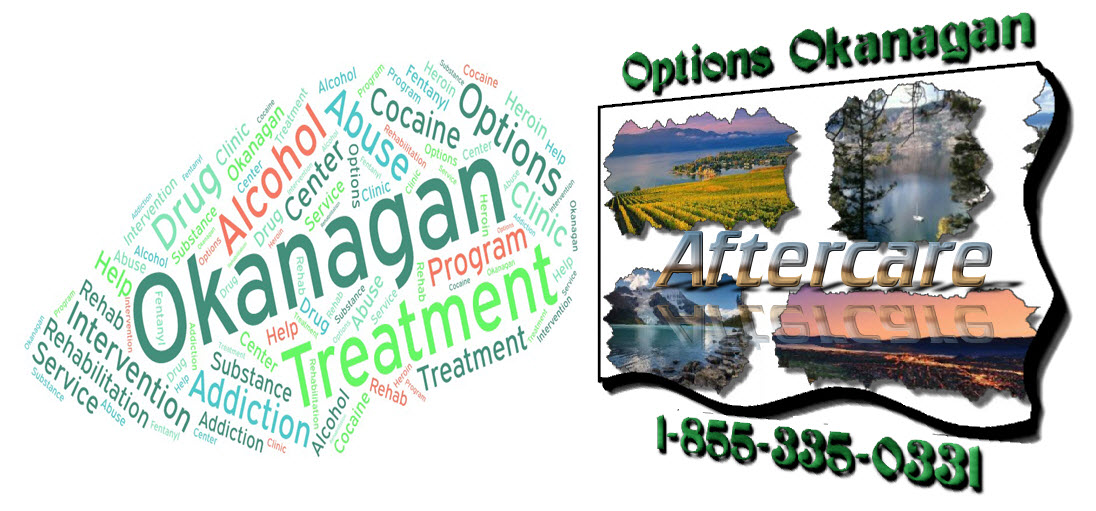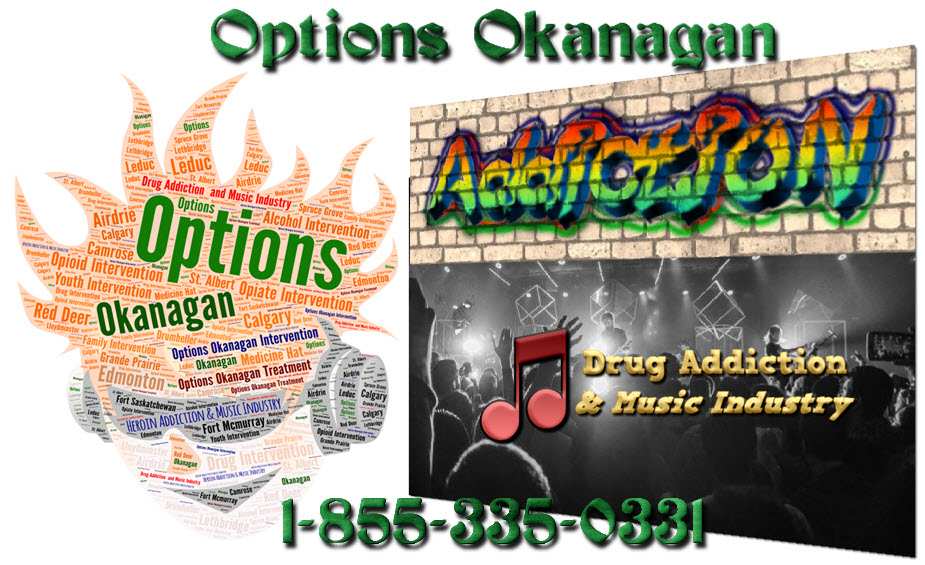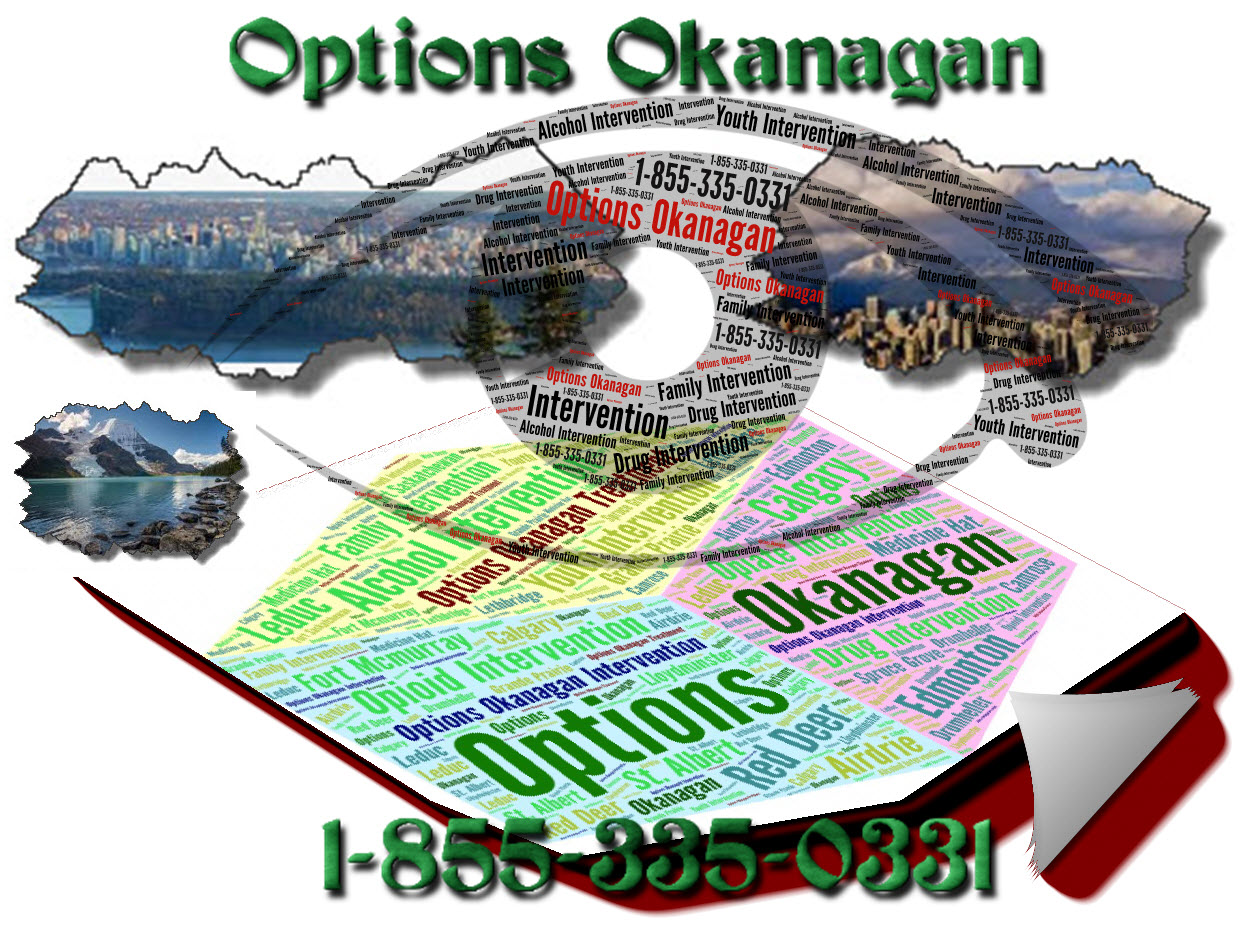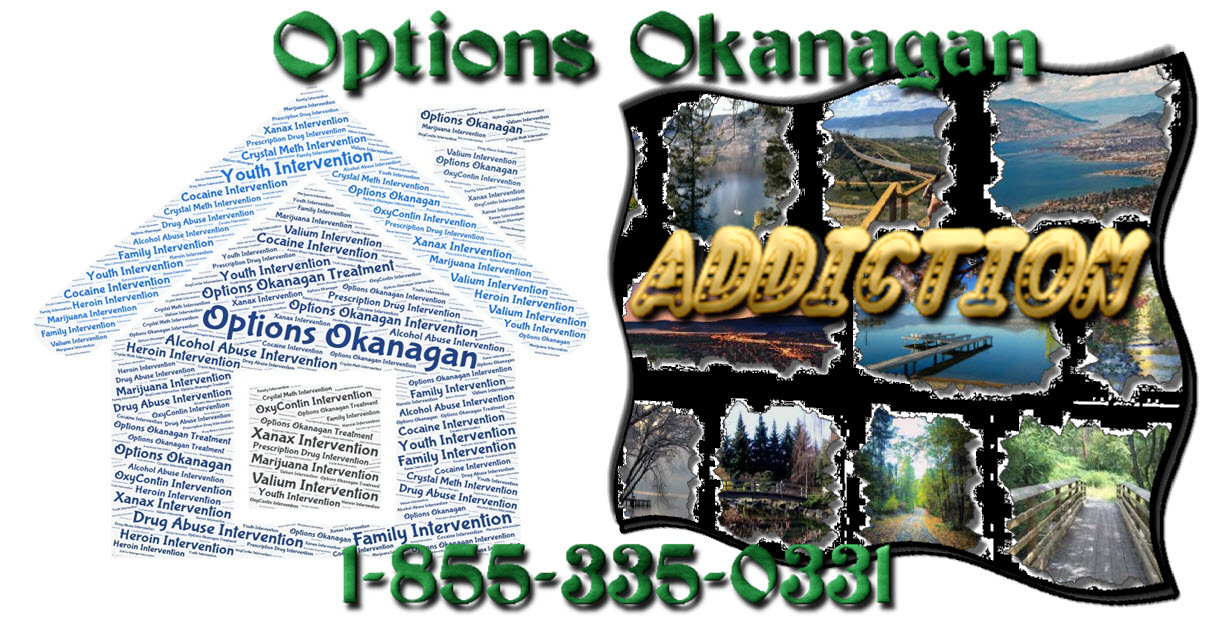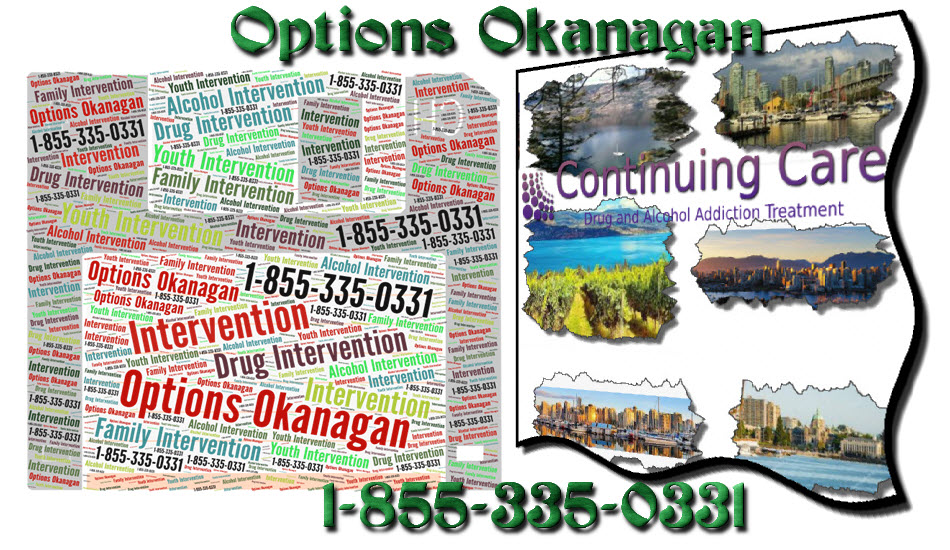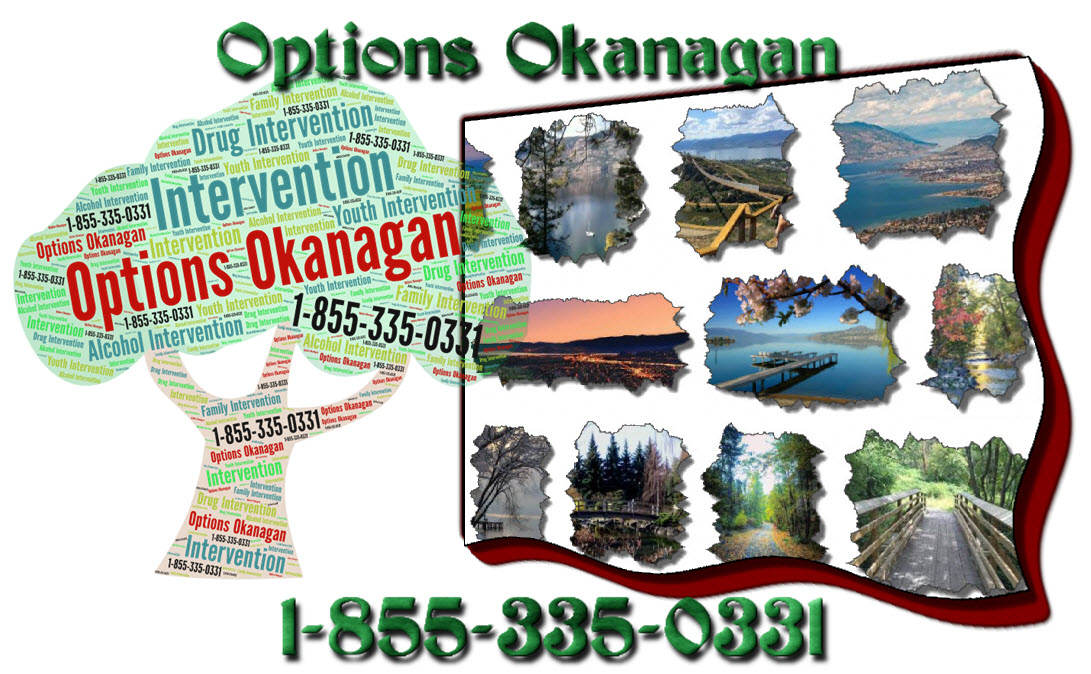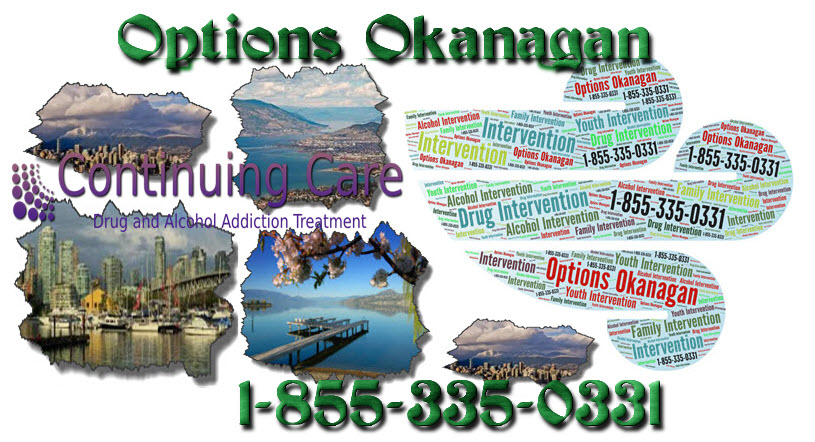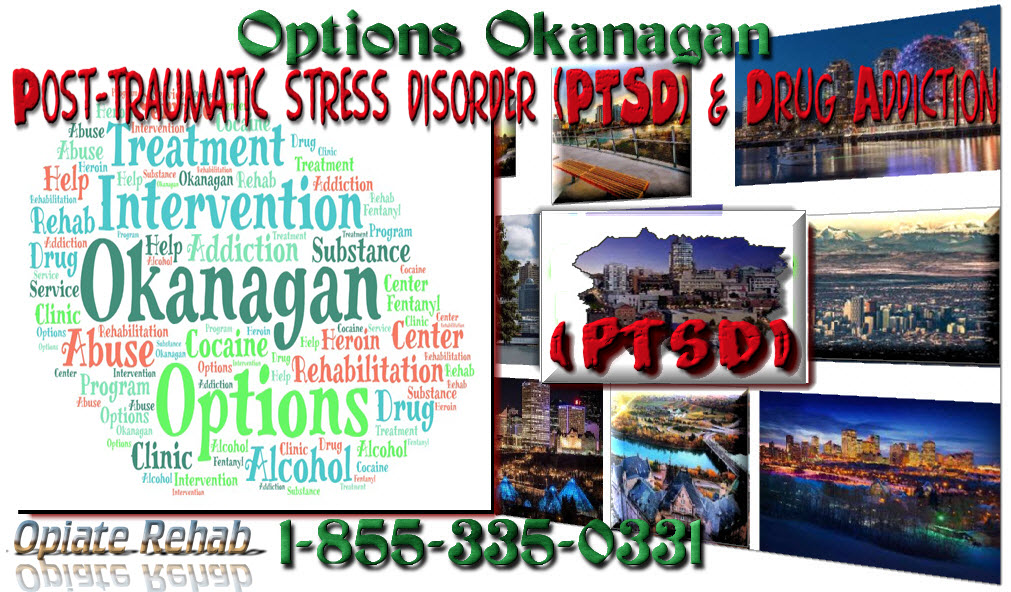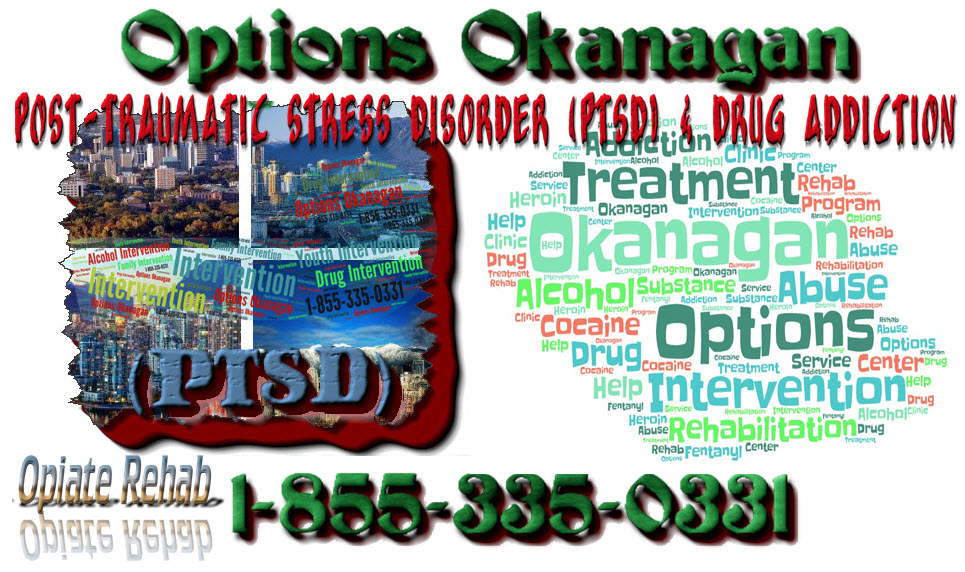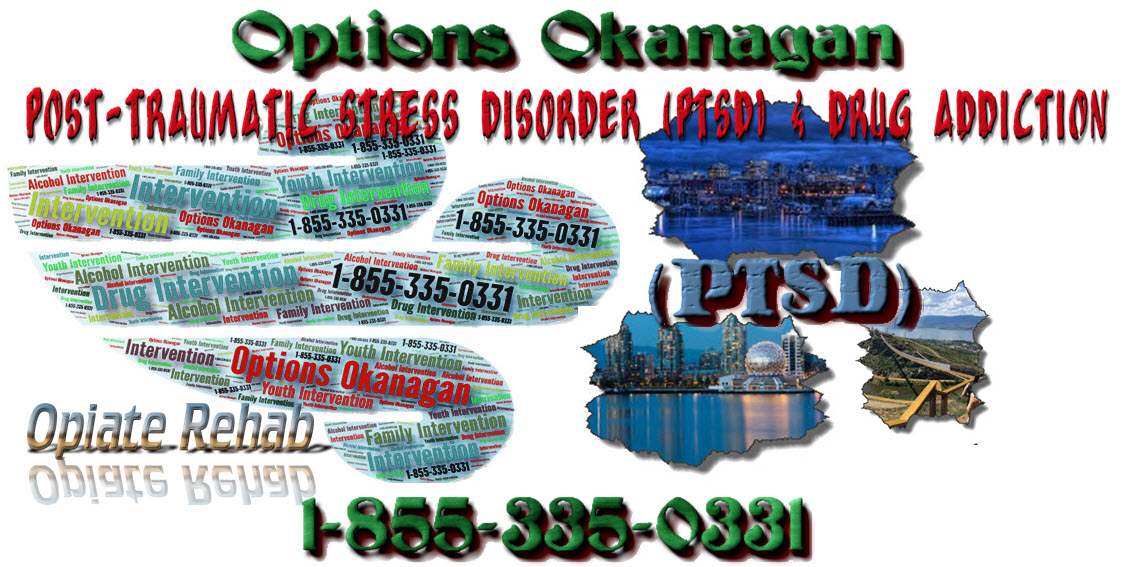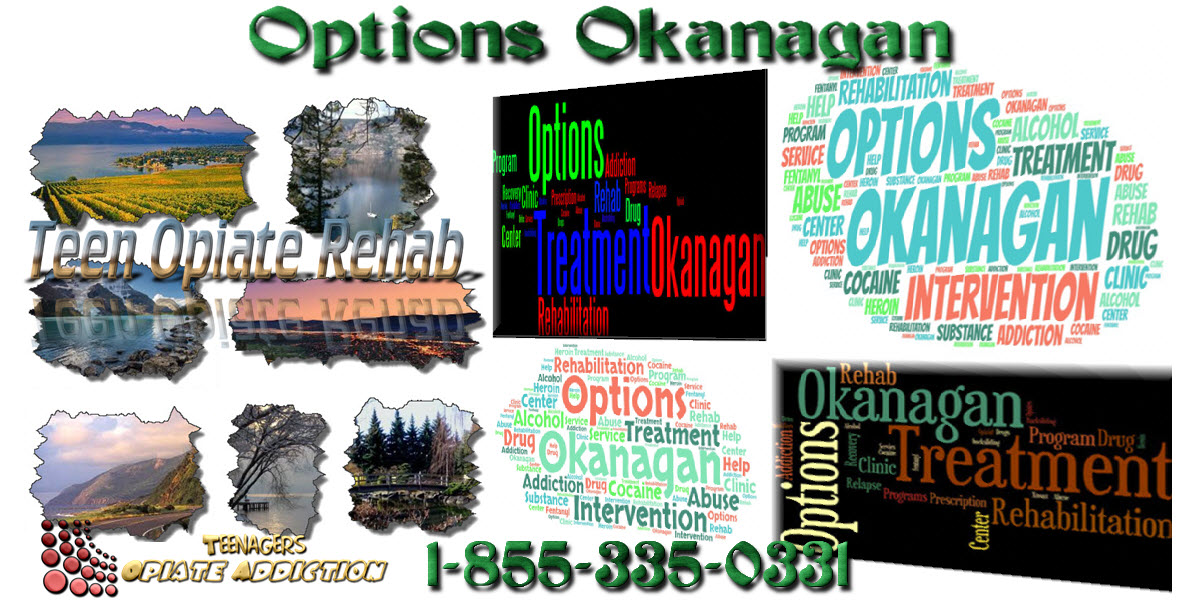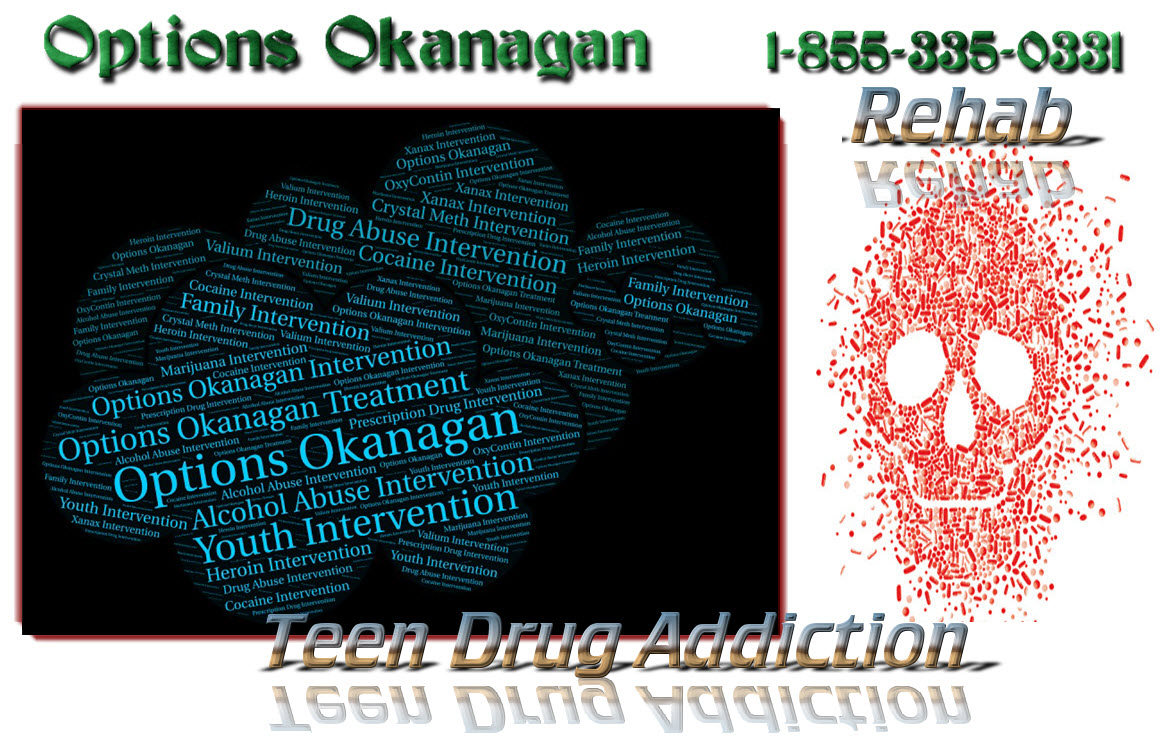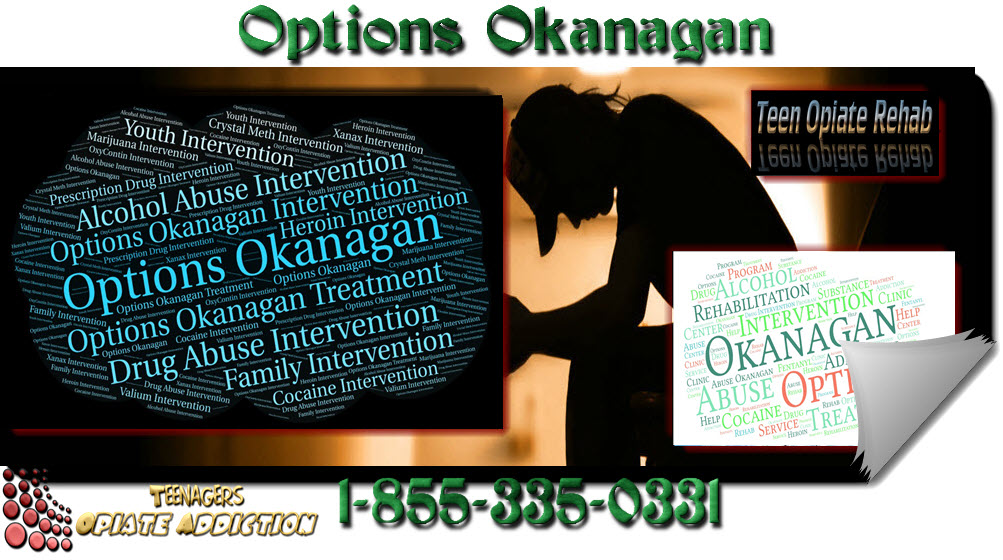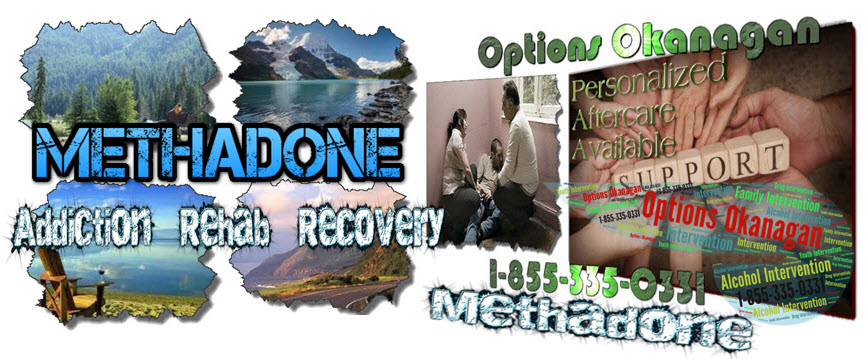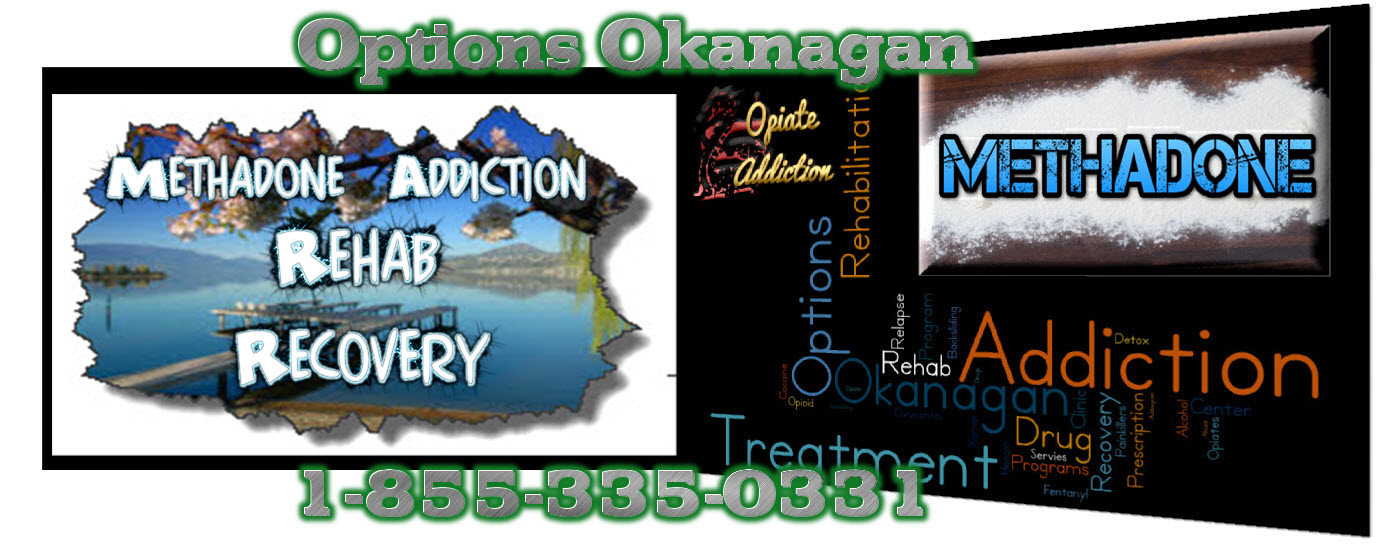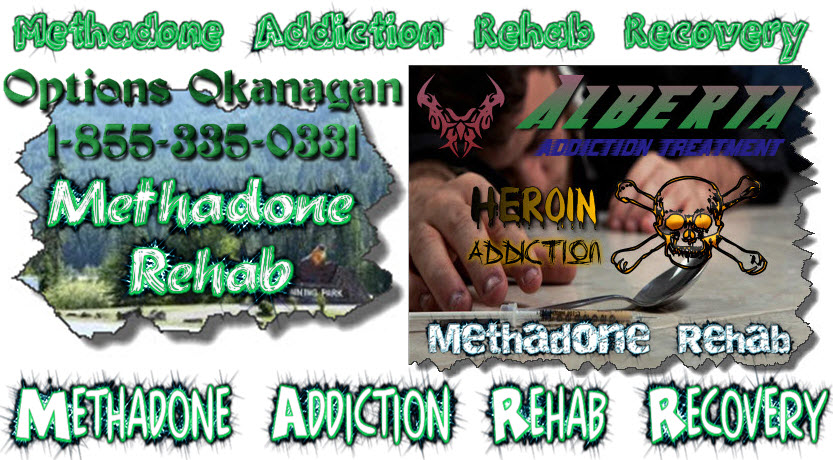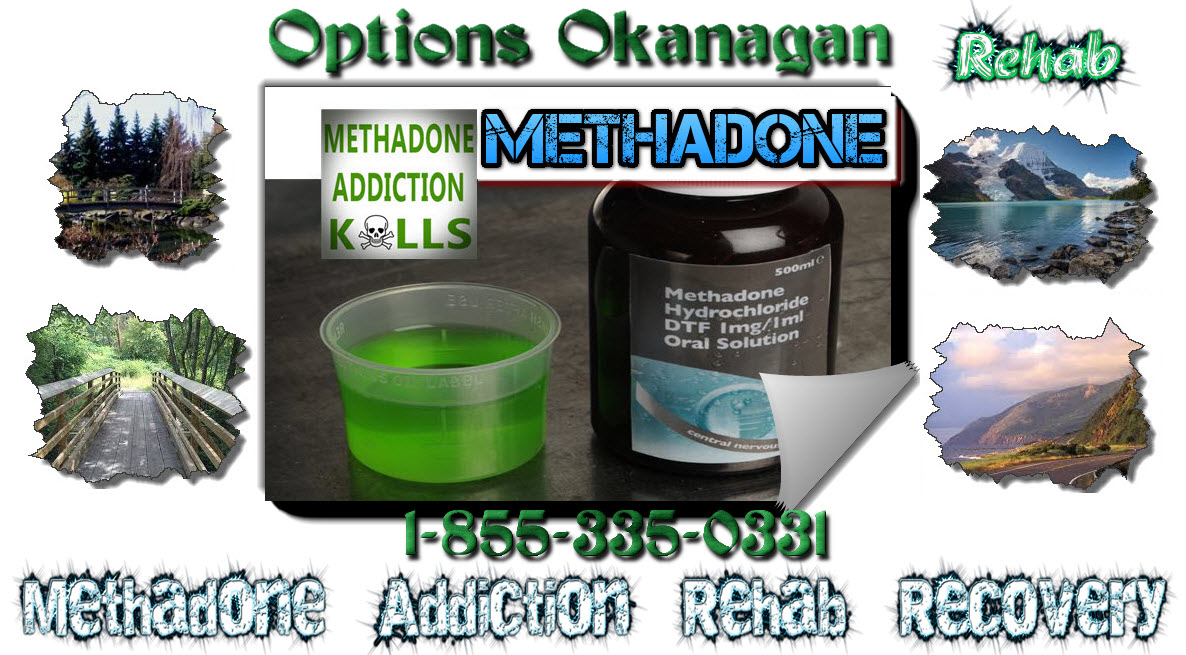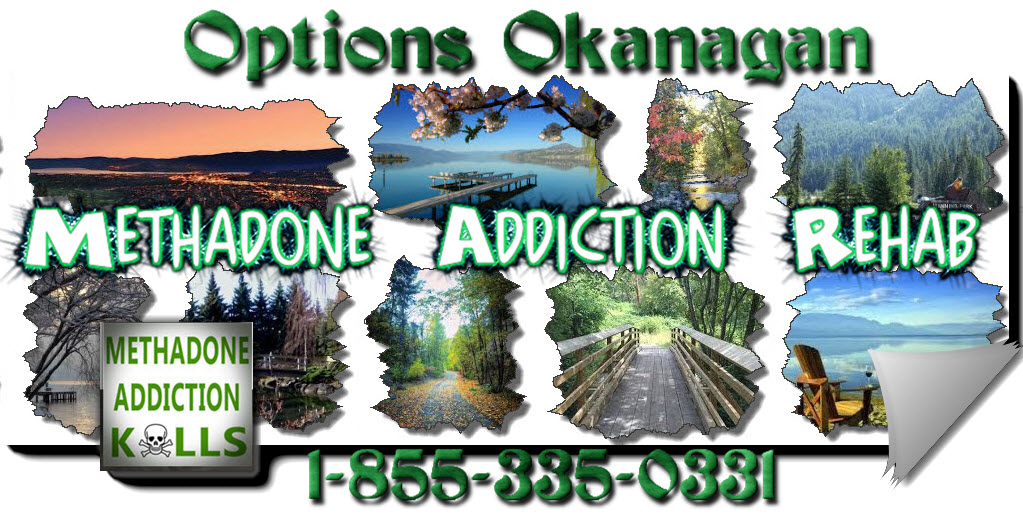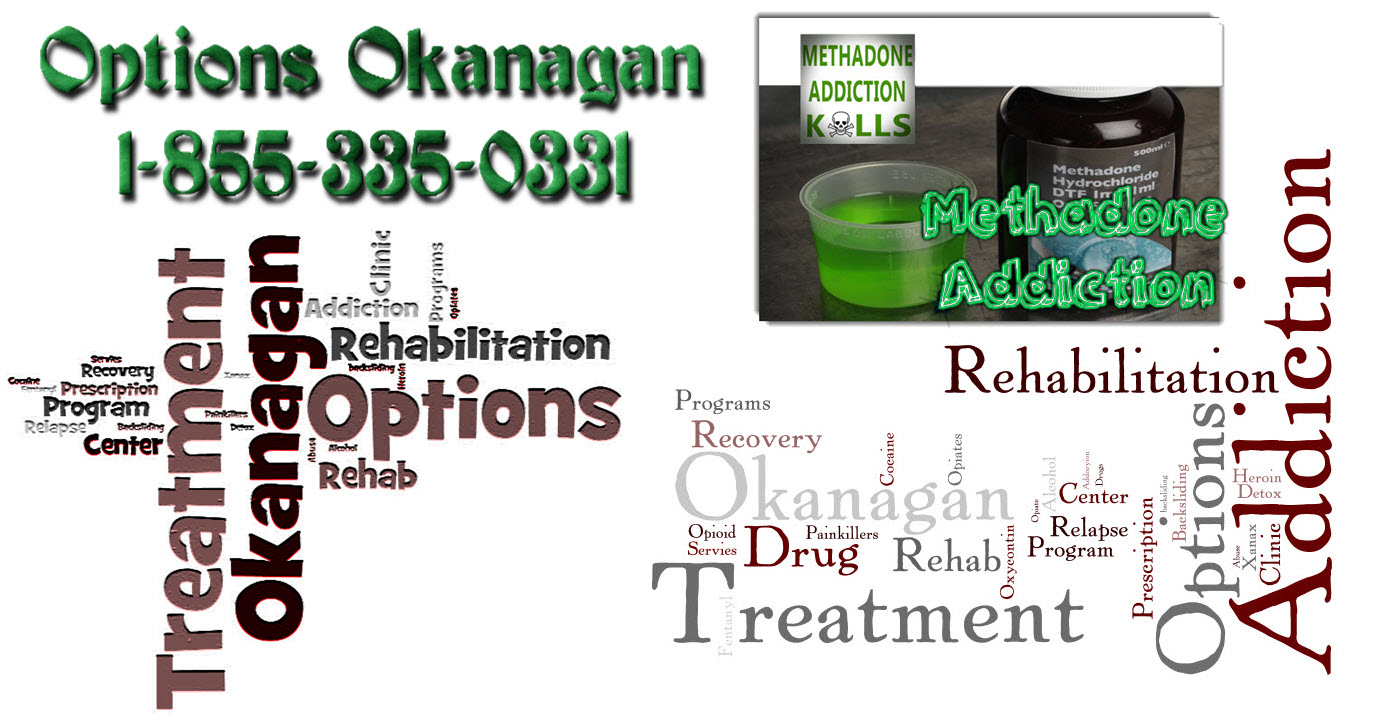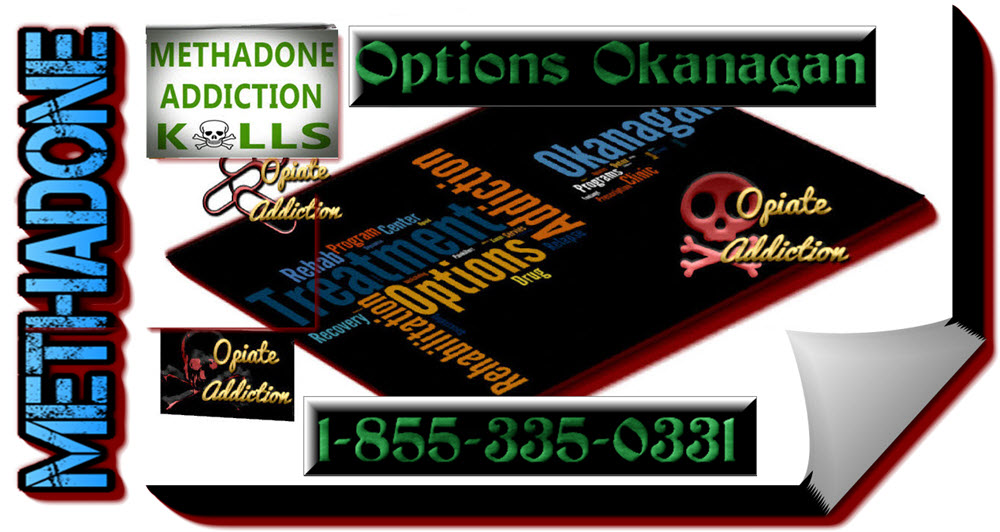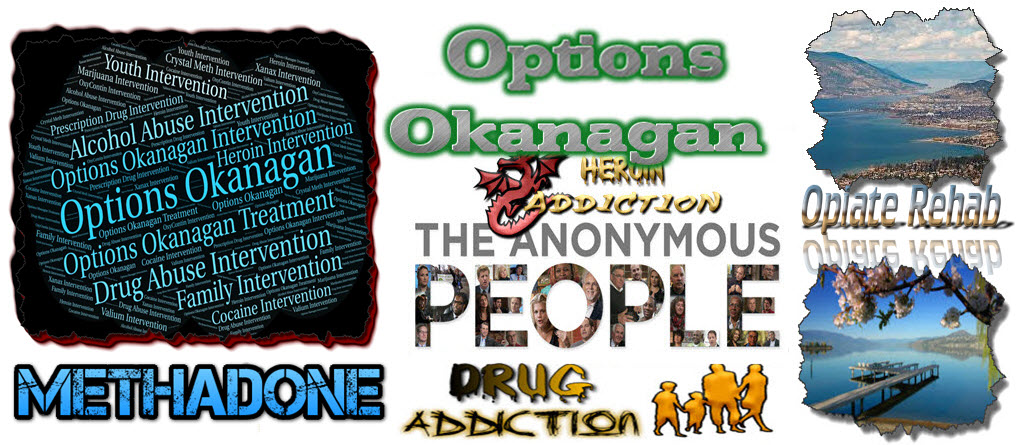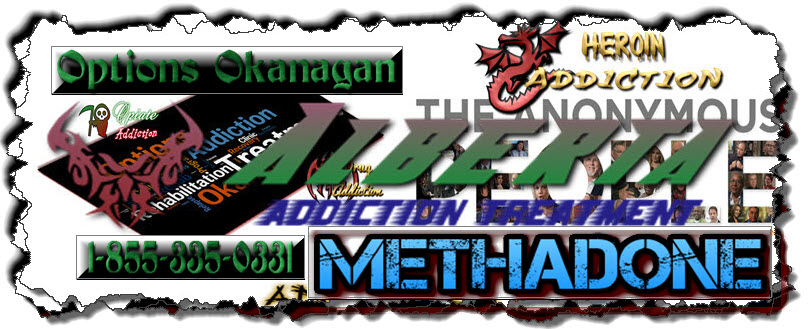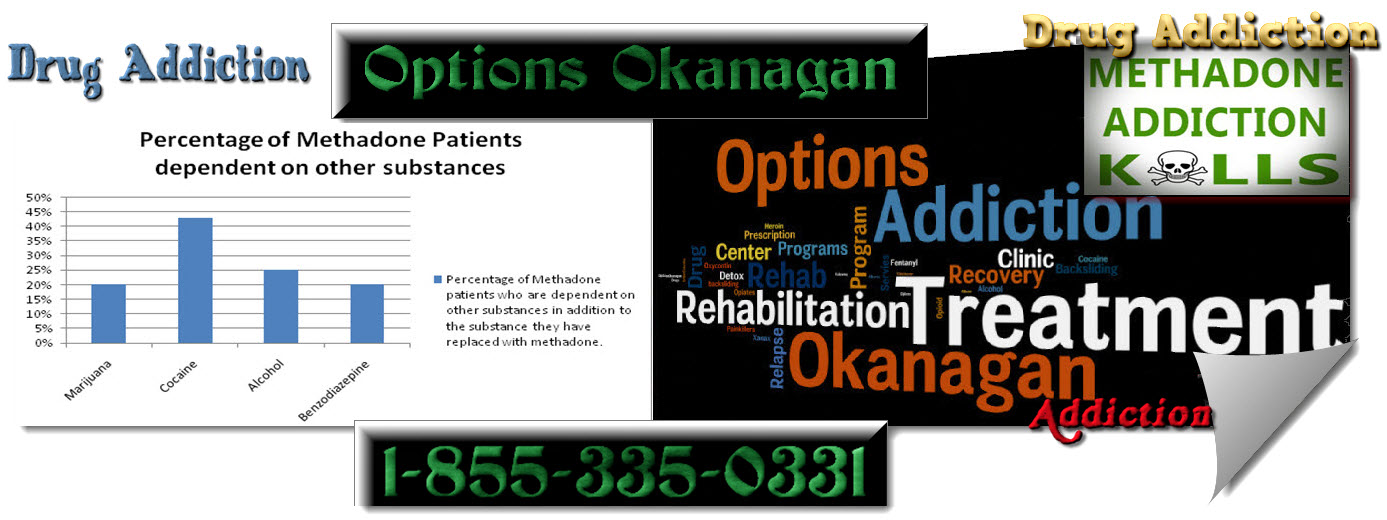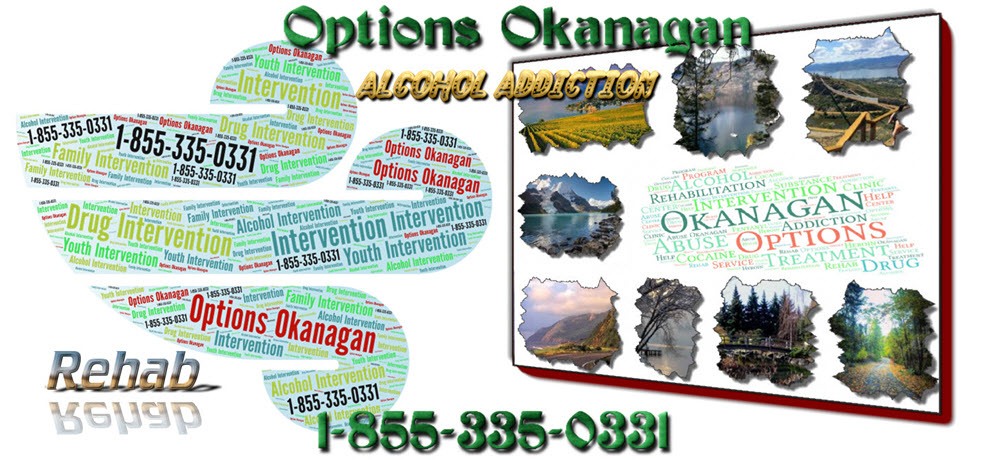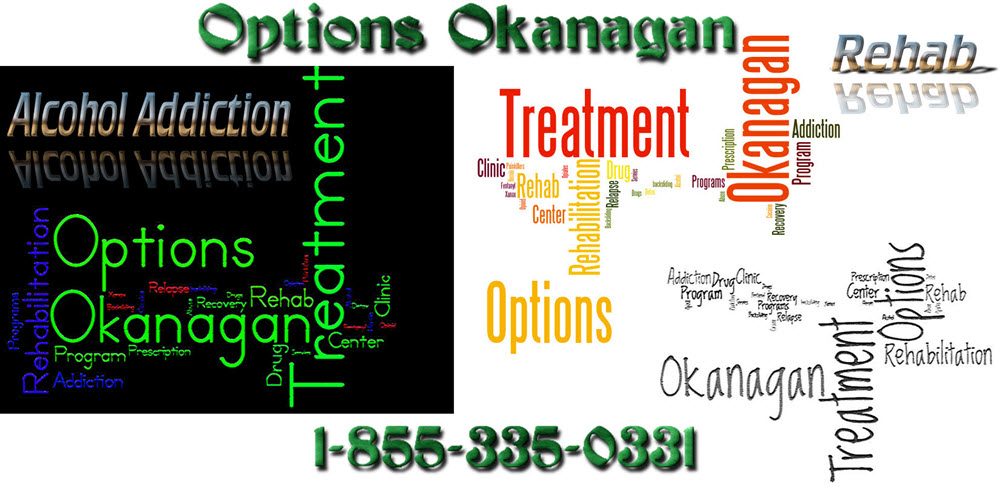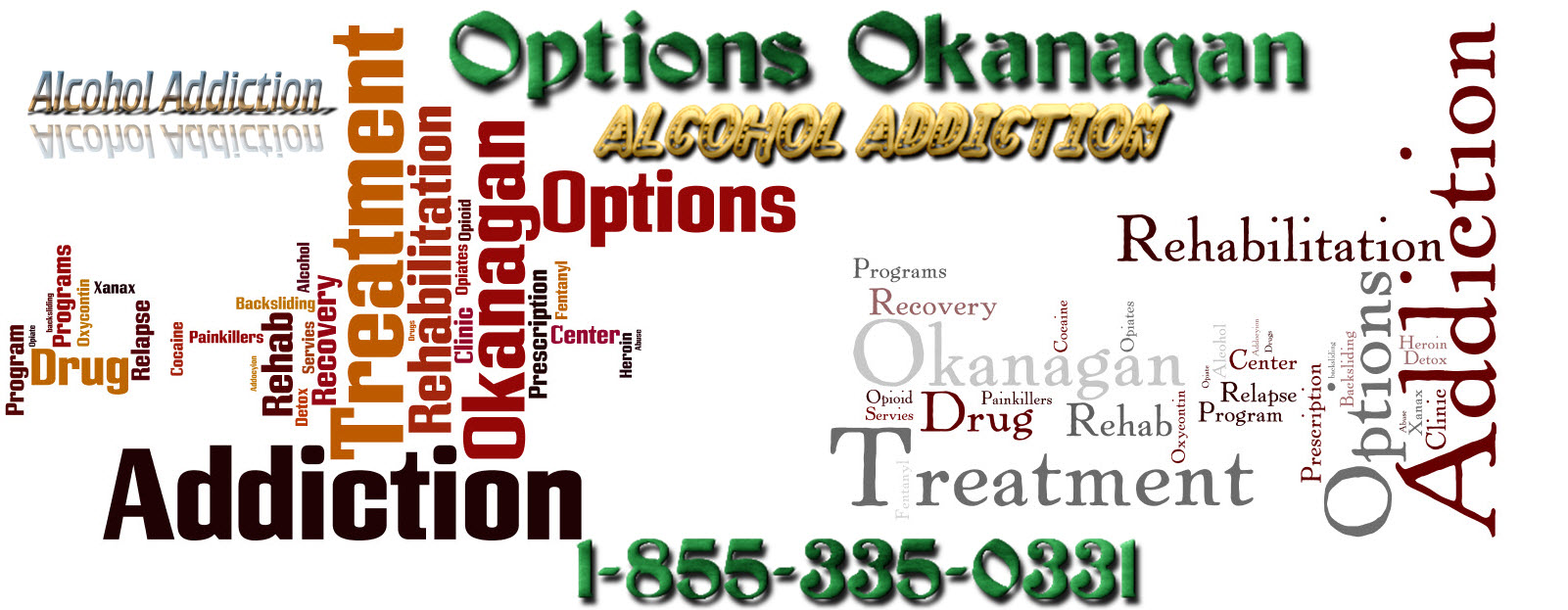Learn how to make your way back following a drug or alcohol addiction relapse — Opioid relapses and recovering addicts in British Columbia and Alberta – Options Okanagan Treatment Centers in Kelowna, British Columbia treating drug, opiate, fentanyl, heroin and alcohol addiction and recovery.
Opioid Rehab In Alberta And BC
Your Way Back After A Addiction Relapse
Recovering after a relapse is quite normal, but it’s also challenging if it happens to be a stage in your larger journey through addiction recovery. While not everyone is going to go through a relapse, the truth is that most addicts eventually do. You’re not alone if you make this mistake, nor does it put you all the way back to square one. You put in a ton of hard work in order to get where you’re at now, and a single relapse doesn’t have to wipe out all that effort. With some good support, robust commitment, and a positive attitude, it is possible for you to get back on your feet after a relapse and resume a successful recovery.
Why Is It People Relapse?
If you want to learn how you can come back from your relapse, then it’s crucial that you understand just what it means, and if possible, why you actually did it. Many people wind up relapsing due to a trigger. Something might trigger the craving for drinking or using drugs again. If you relapse, you should take time in order to reflect and determine what specifically triggered it. It might have been a specific event, such as the death of someone close to you, or even a rejection by a romantic partner. It might even just be something emotional. You might have gotten overwhelmed or stressed out at your job. Identify your triggers so you’re able to be even more aware of them in the future.
What You Should Do Following A Relapse
It’s important to know your triggers, but you have a lot of work you should do following your relapse in order to prevent things from happening again in the future. The first thing you should do is avoid your known triggers the best that you possibly can. There are some things that you’ll never avoid, and that means that your very next step is learning better ways to cope with any situations which make you wanting to use again. Everyone deals with negative feelings in their own various ways, although if you’re a recovering addict, then it’s especially crucial for you to determine positive strategies which help you avoid urges to relapse.
Try a number of things until you find a strategy or two that fit you. You might consider learning how to relax with meditation and/or yoga to help get your mind off of stressful situations. Any kind of exercise can be great for your mind and body while helping you recover from your relapse. Creative activities can also be good for coping with both triggers and bad feelings. Consider journal writing, reading books, or taking art classes. Do anything you can that makes you feel better which is also good for you.
Alcohol Rehabs in Alberta and BC
Understanding Drug Addiction in Alberta and BC
Rely On Your Friends And Family
The last piece of your puzzle in terms of successful relapse recovery is getting support. You’re going to need the support of anyone who cares about you so that you can get going again. Never think you’re going to be able to go it alone. It’s a very risky concept, and one that can lead you directly back into relapse. Tell your family and friends about what’s happened, so that when you start feeling weak again, you’re able to call on them for help. Even relapsing after being clean for 6 years isn’t going to be the end of things. You have the power to get back on your feet after this, regardless of how long you’d previously been sober. Find some healthy ways in which you can relax, learn what your triggers are, establish a support network that you can rely on, and you’ll be able to find your lasting sobriety once more.
Addiction Opiate Rehabs in Alberta and BC
Drug Relapse Treatment in Alberta and BC
Options Okanagan Opiate and Alcohol Treatment Centers in Kelowna, Salmon Arm and Vancouver, British Columbia – Men and Women are recovering and healing from Alcohol and Drug Abuse at our treatment center here in the Okanagan right now.
Our unique and distinctive Opiate Drug and Alcohol treatment program allows men and women to come in from Calgary as well as Edmonton as we offer airport pickup.
Numerous clients come to us from Vancouver, Calgary and Edmonton and other locations in Alberta and even other provinces for Opiate addiction treatment, heroin drug treatment, many other drug and alcohol addictions for rehabilitation because of the uniqueness of our treatment center.
Our Opioid Treatment Location:
Options Okanagan Drug and Opiate Treatment Center
551 Sherrydale Crescent, Kelowna, British Columbia, V1V 2E6
Toll Free Phone Number : 1-855-335-0331

